Pickleball has exploded in popularity, with millions picking up paddles and courts popping up everywhere from backyards to billion-dollar facilities. But behind the fun rallies and community vibes lies a shady underbelly in the media landscape covering our sport.
Today, we’re diving deep into how many so-called “news” outlets in the pickleball space are little more than content marketers pushing paid promotions without any disclosure.
This erodes trust, misleads players, and ultimately hurts the integrity of pickleball itself. If you’re new to the scene, you might not realize that glowing “top 10 paddles of 2025” article you’re reading could be a stealth ad bought by big brands. Let’s break it down, expose the practices, and shine a light on the few genuine voices out there.
The Illusion of Organic Content: How Paid Ads Hide in Plain Sight
Pickleball media has grown alongside the sport, with outlets like The Dink, Pickleball Magazine, The Kitchen Pickleball, and others positioning themselves as go-to sources for news, tips, and gear recommendations. On the surface, they offer valuable content—tournament recaps, strategy guides, and product reviews. But dig a little deeper, and you’ll find a pattern: much of this “content” is driven by sponsorships, affiliate deals, and paid placements, often without clear labels. Take product reviews and “best of” lists, for example. Articles like “Top 10 Paddles for 2025” or “Must-Have Gear for Beginners” are staples. These seem helpful, but in reality, they’re frequently influenced by brands paying for placement. Without disclosure, consumers—that’s you, the everyday player—have no idea if the recommendation is based on genuine testing or a fat check from a corporate sponsor.
This isn’t just speculation; social media is rife with complaints about this exact issue, and industry insiders have called it out repeatedly. One major red flag is the use of advertorials—paid articles designed to look like editorial content. Pickleball Magazine, for instance, openly solicits advertisers on their site, offering spots to “increase your product’s brand awareness” to their audience of millions. They’ve run pieces like an “advertorial” on pickleball injuries, which blends health advice with promotional undertones, but the line between ad and article is blurry at best. Similarly, The Dink’s site features links to product pages with tracking codes (like UTM parameters for affiliate marketing), suggesting revenue from clicks or sales, yet without explicit disclosures in their content. The Kitchen Pickleball pushes newsletters with tips and tournament updates, but gear-focused posts often lack any mention of potential sponsorships or affiliates. This isn’t isolated. Broader searches reveal ongoing discussions in the pickleball community about media outlets prioritizing paid content.
For instance, forums and social posts highlight how the same three big corporate brands dominate coverage, often because they’re the ones footing the bill. One X post even calls out “paid media announcements pretending to be journalism,” echoing the sentiment that undisclosed sponsorships are rampant. And it’s not just small sites; even larger platforms have faced scrutiny for blending ads with news, leading to a loss of credibility.
The problem? These outlets often won’t post anything that isn’t paid for. Organic stories about grassroots innovations in the sport, independent players, or other relevant news get sidelined. When paid content does appear, it’s rarely labeled as such, violating basic ethical standards in journalism. This has happened time and again, with numerous social media posts exposing the practice.
As one influencer put it on X, if you’re paid to promote without disclosing, “you are a fraud, a huckster, a grifter.” In traditional broadcasting, this is called “pay for play” and is illegal to not disclose—yet in the Wild West of online pickleball media, it’s business as usual.
Why This Undermines Pickleball’s Integrity
Pickleball thrives on community and accessibility. It’s a sport for all ages, where a $50 paddle can get you started. But when media pushes high-end, sponsored gear as “essential,” it creates a pay-to-play illusion that alienates beginners. New players read a “top paddles” list, drop almost $300 on a brand, and later realize it was an ad. Trust erodes, and the sport suffers. Worse, this favors big corporations over innovative startups, stifling competition. The same few brands get endless exposure, while smaller ones struggle unless they cough up ad dollars.
This isn’t harmless marketing—it’s deceptive.
Consumers deserve to know what’s paid and what’s organic. Without transparency, the entire ecosystem loses credibility. As pickleball grows globally, with pro leagues like Major League Pickleball and the PPA Tour drawing big money, the media should elevate the sport, not exploit it. Instead, we’re seeing scandals like investment frauds tied to pickleball ventures, and noise complaints turning into lawsuits, all amplified by biased coverage.
The Bright Spots: Genuine Voices in a Sea of Shills
Amid the noise, a few stand out for their integrity. Forbes is one of the only large publications that are genuinely great and do not take paid money to push actual news. Todd Boss, a dedicated Forbes contributor since 2023, has covered everything from pro debuts (like Andre Agassi’s pickleball entry) to industry moves and tournament recaps.  His work is independent, data-driven, and free of multi thousand dollar sponsor plugs—focusing on the sport’s growth without hidden agendas. 
Forbes, as a whole, treats pickleball with the same journalistic standards as other sports, avoiding the pitfalls of undisclosed ads. These exceptions prove it’s possible to cover pickleball ethically. They provide balanced insights, like analyzing business strategies in indoor clubs or equal pay in pro leagues, without pushing paid ad placements.
What Can We Do? A Call to Action for Pickleball Fans
As players and fans, we hold the power.
Demand transparency: Call out undisclosed ads on social media, support genuine outlets, and read with a critical eye. Look for disclaimers, affiliate notices, or sponsored labels—if they’re missing, question the source. USA Pickleball and pro tours should enforce stricter media guidelines to protect the sport’s reputation. 
Together, we can ensure pickleball stays dope, not deceptive.
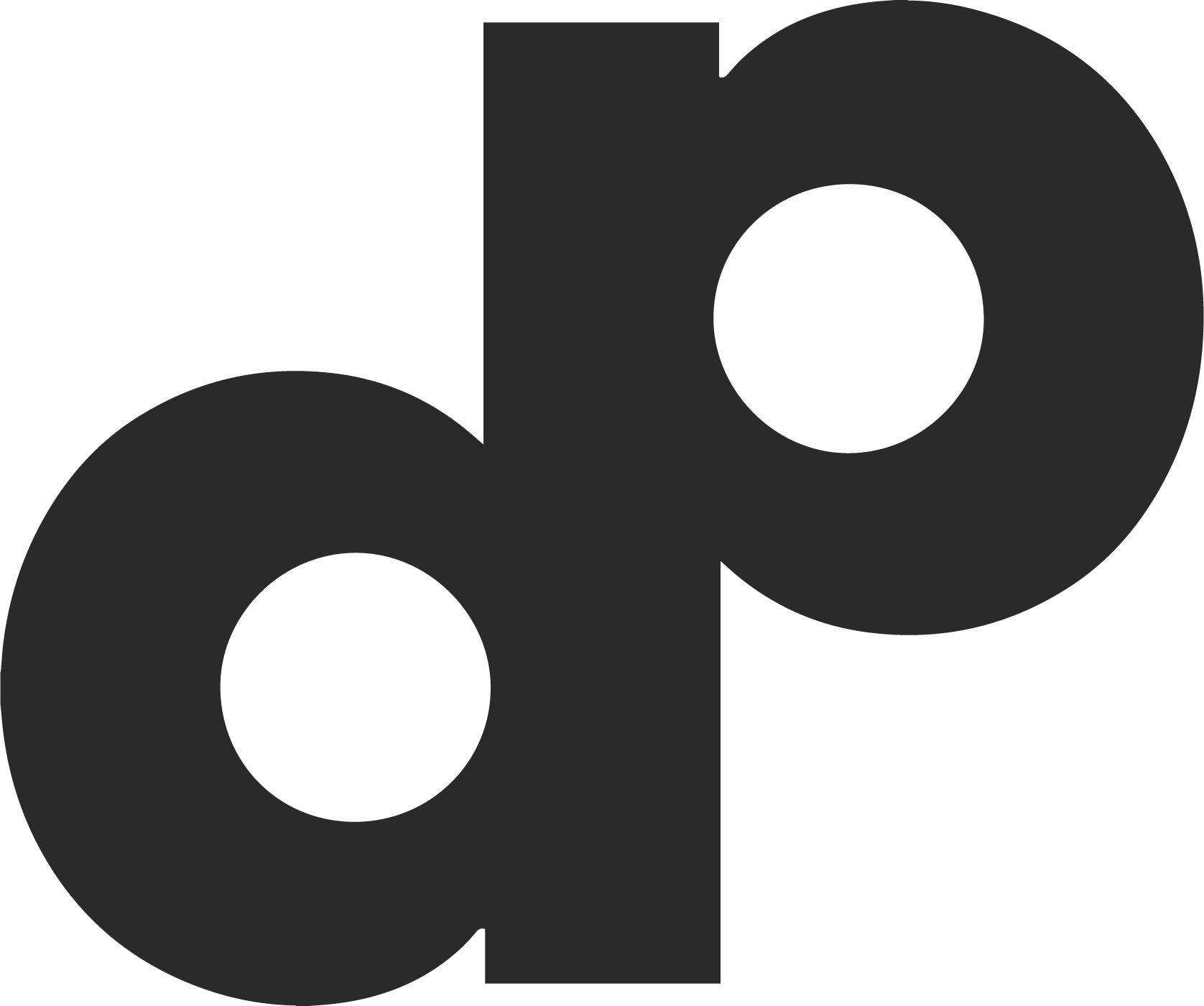



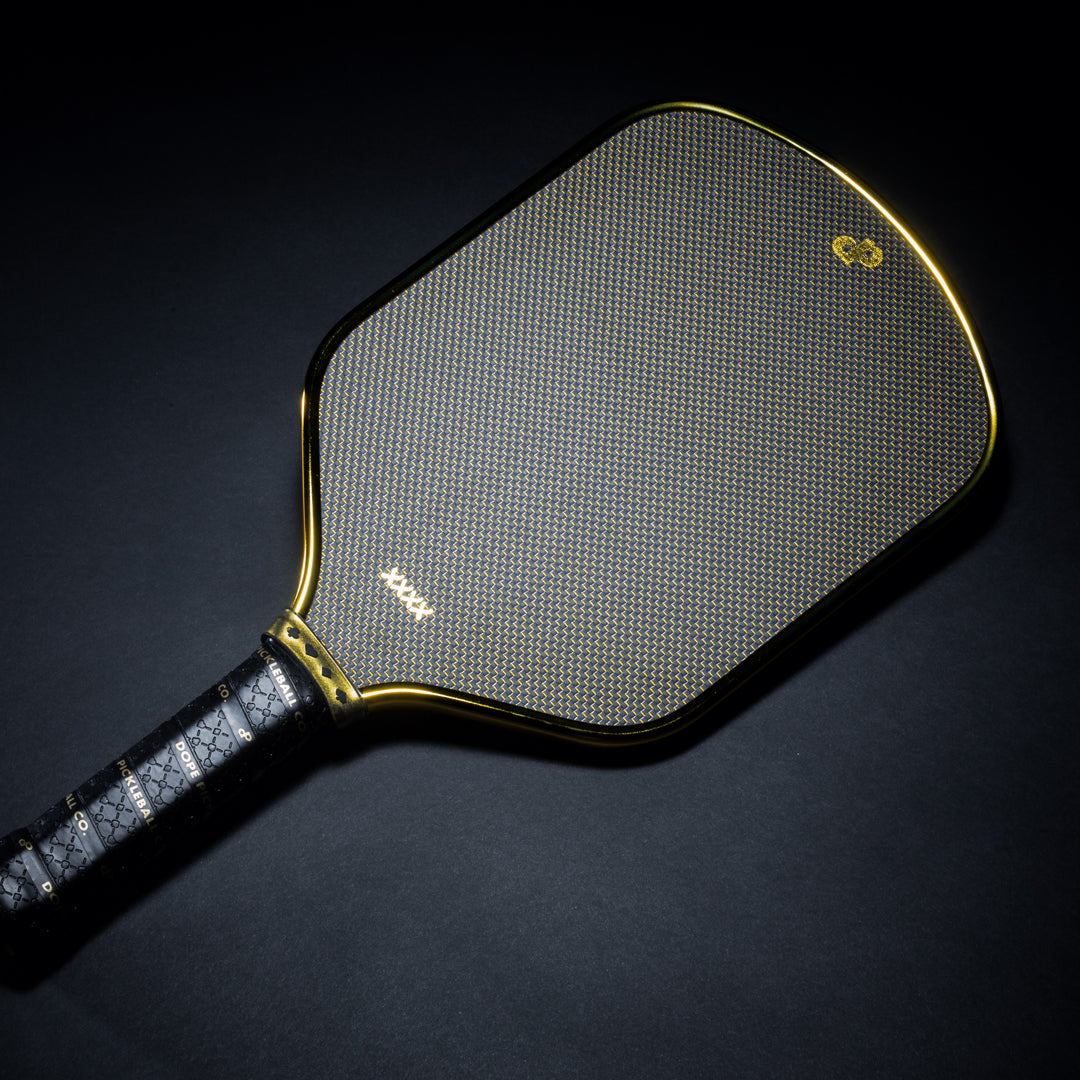
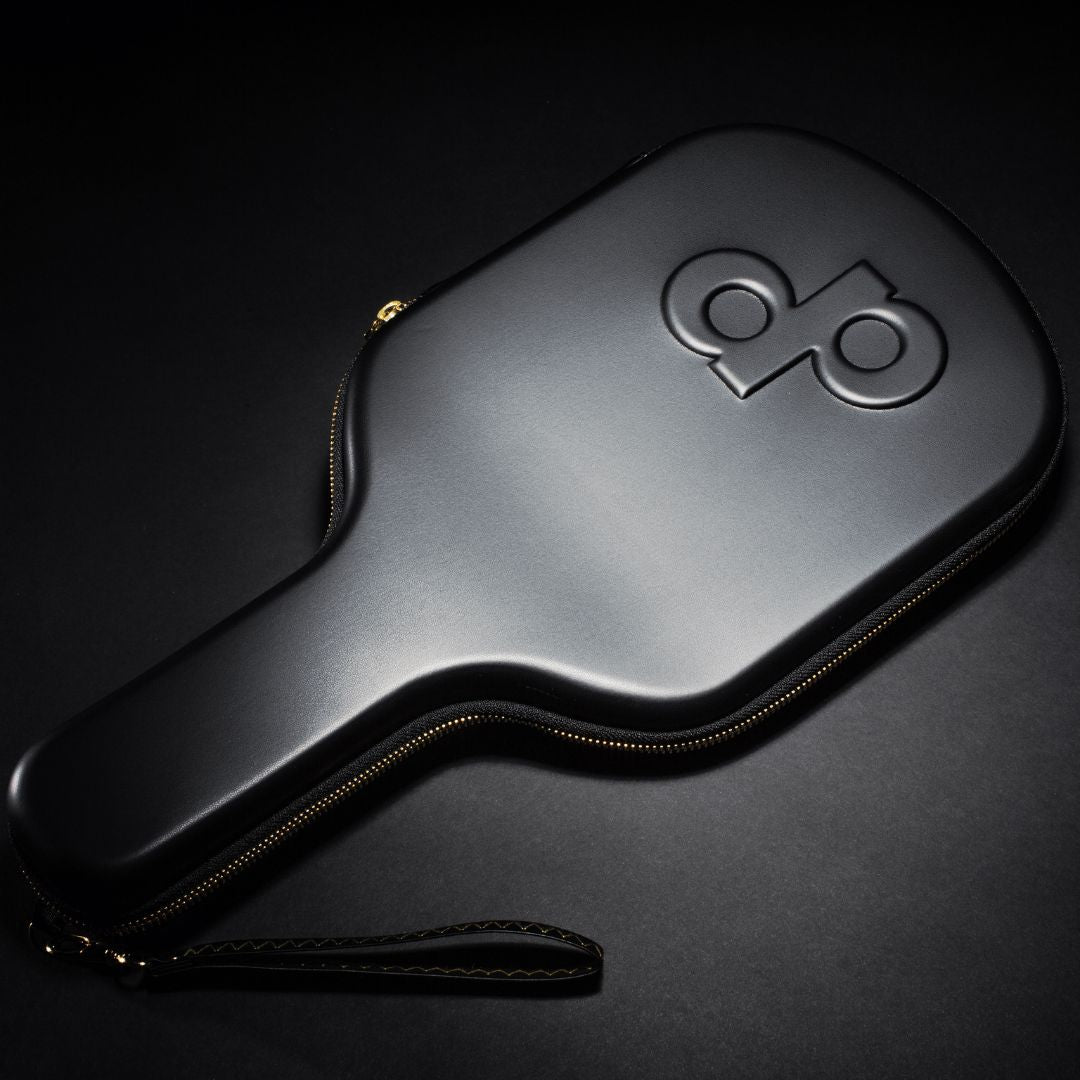
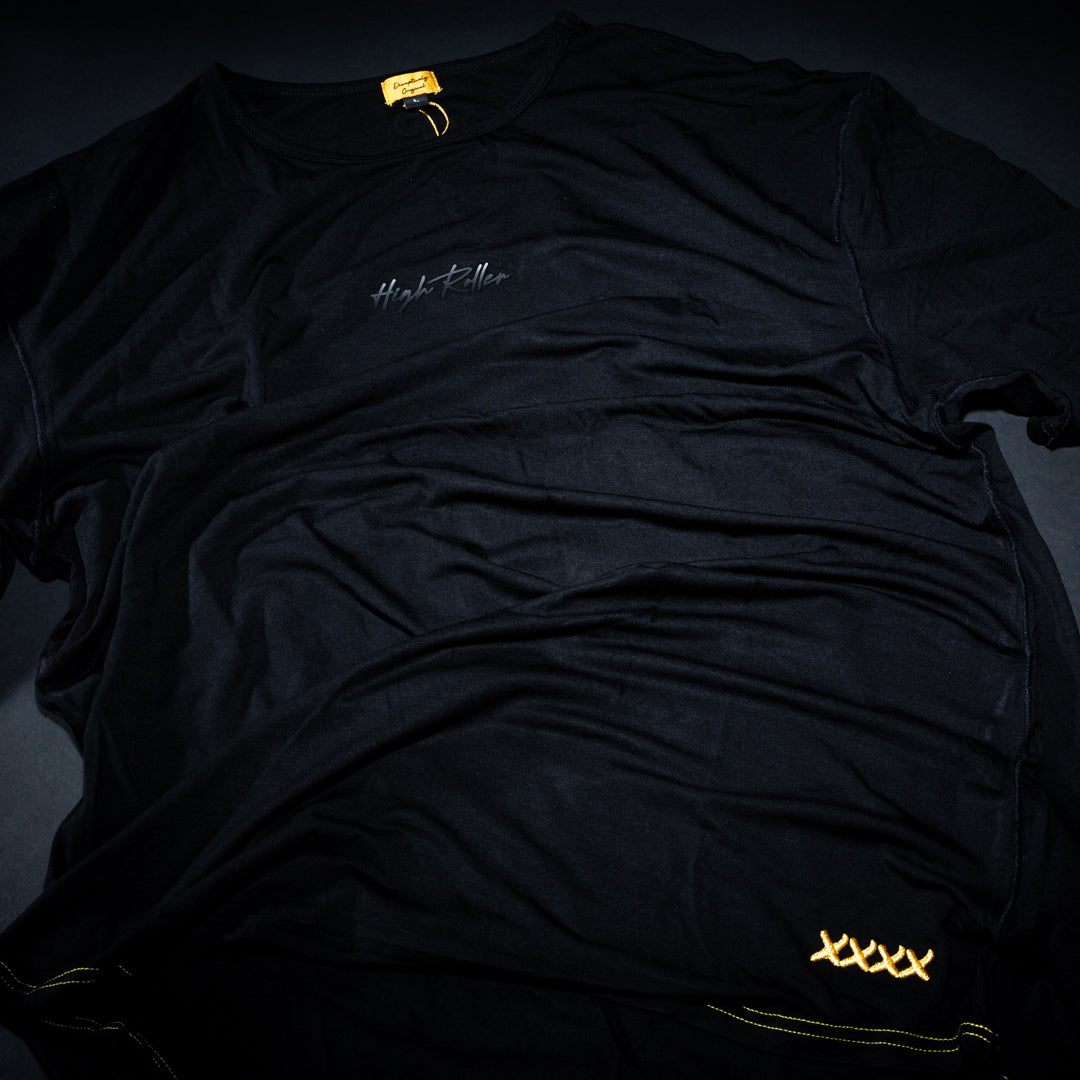
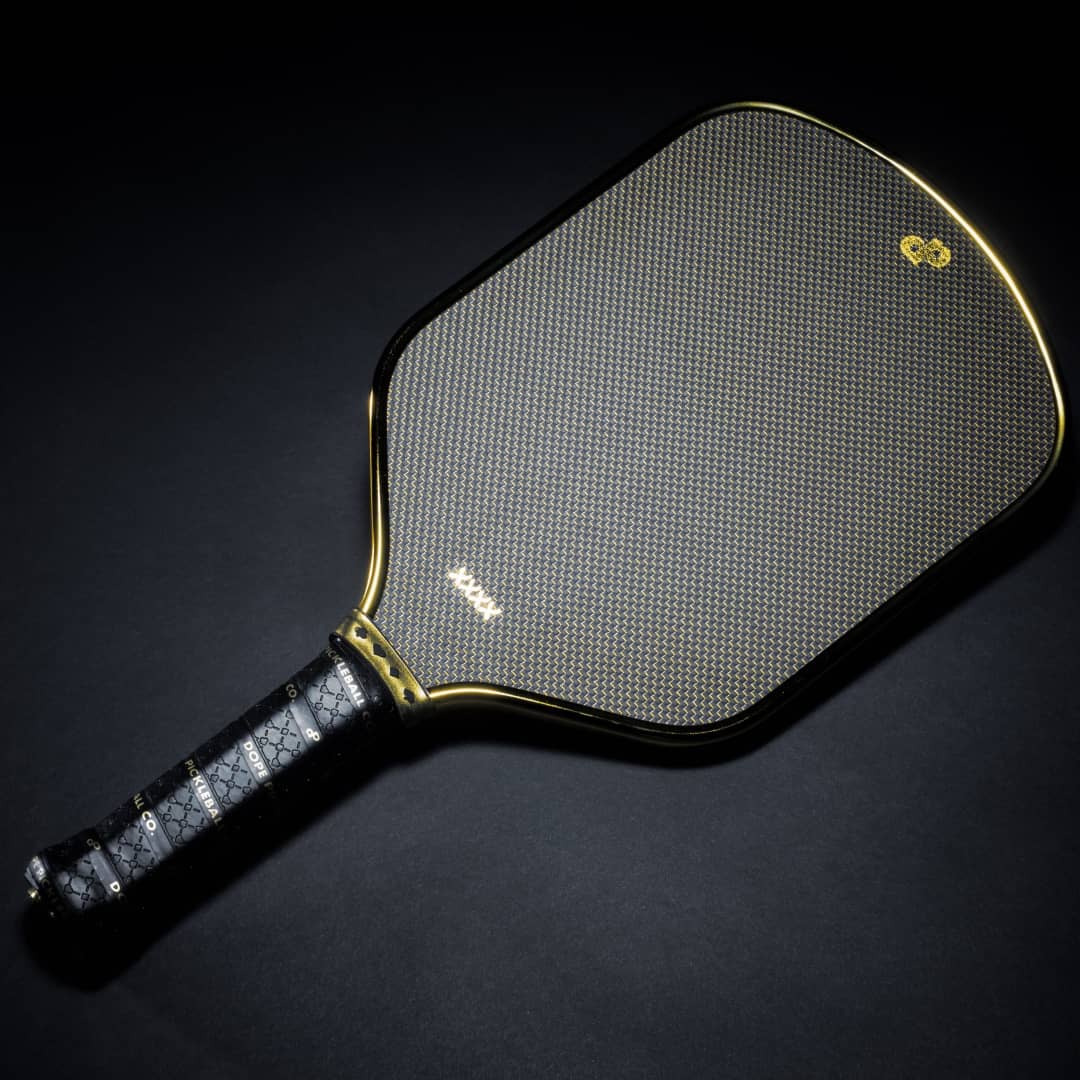
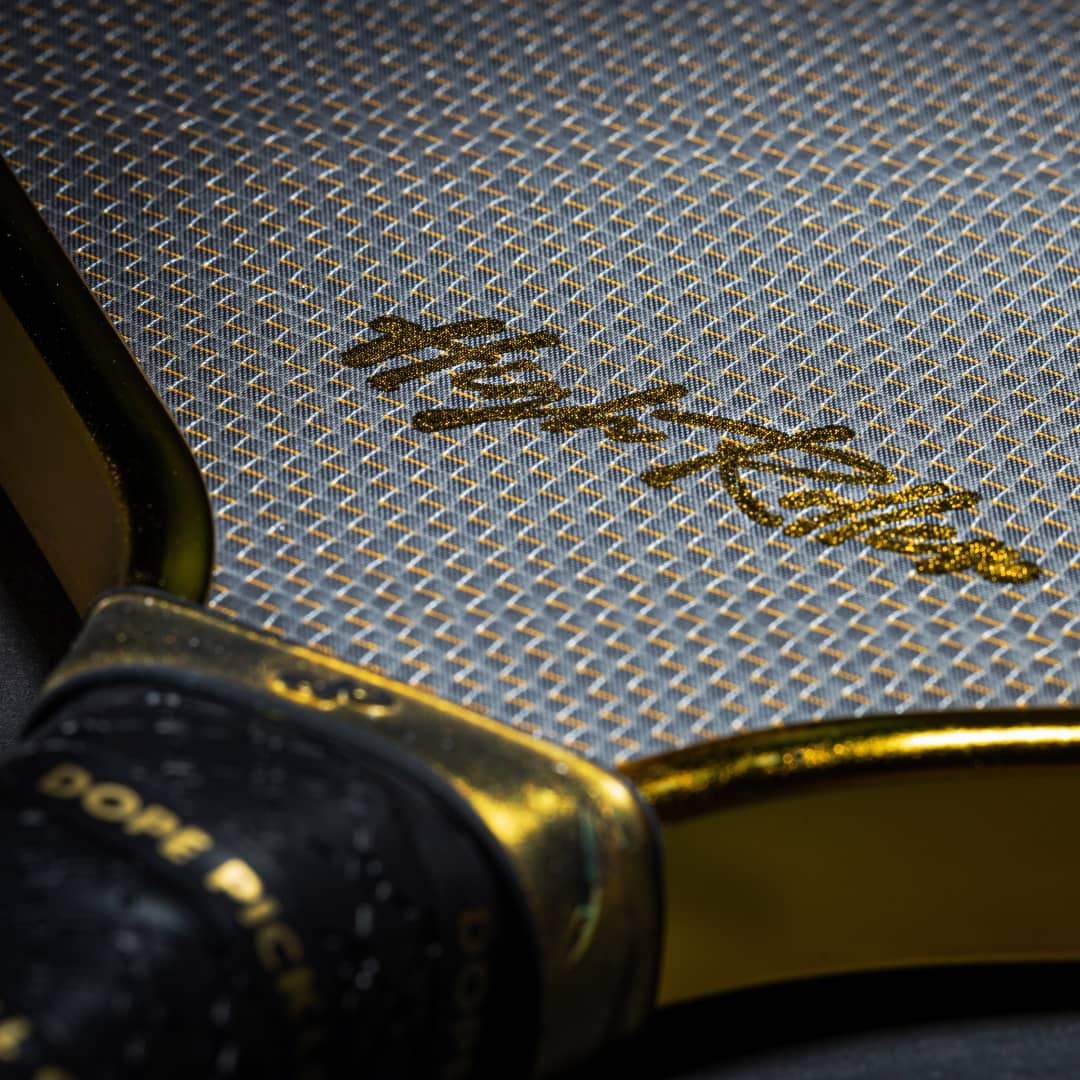
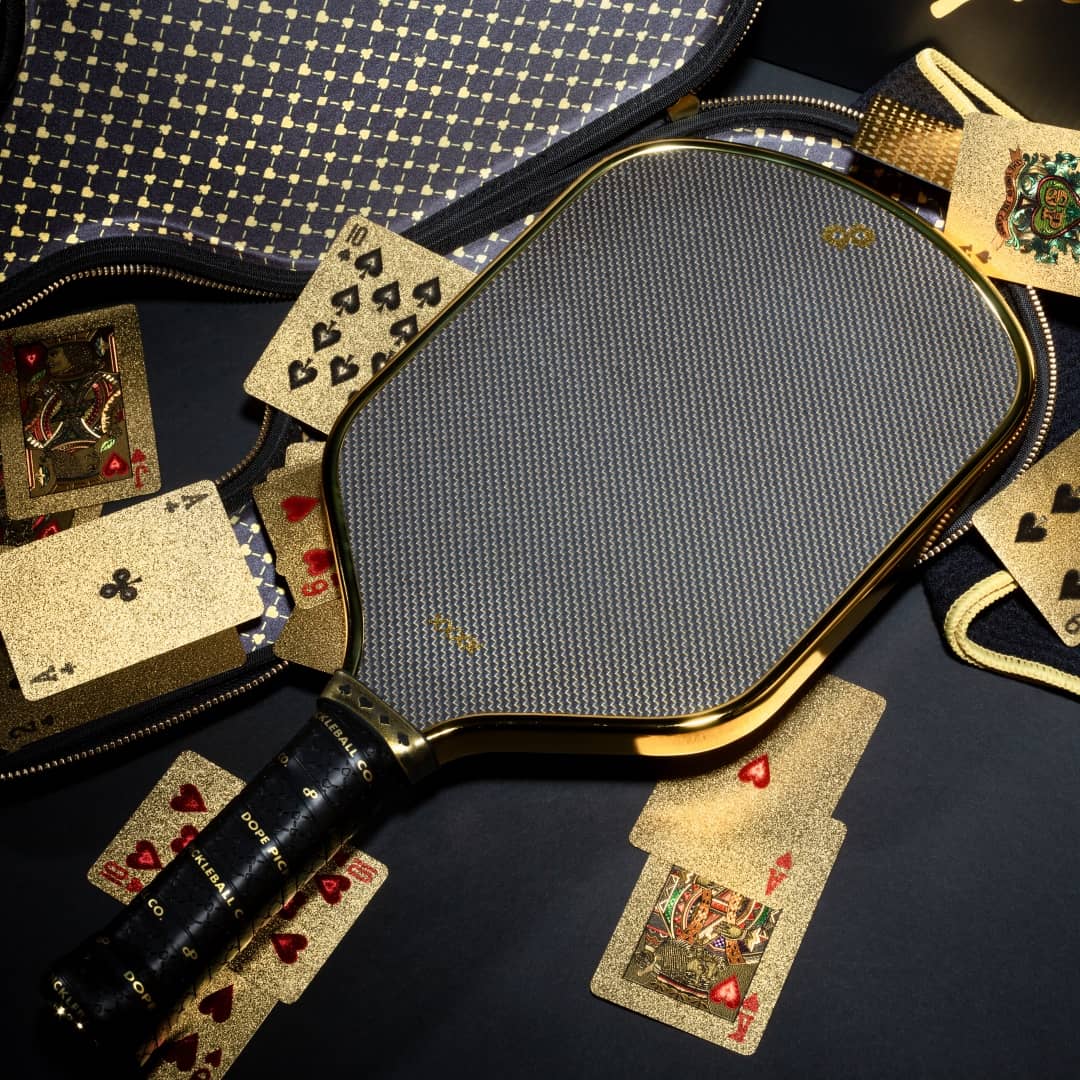

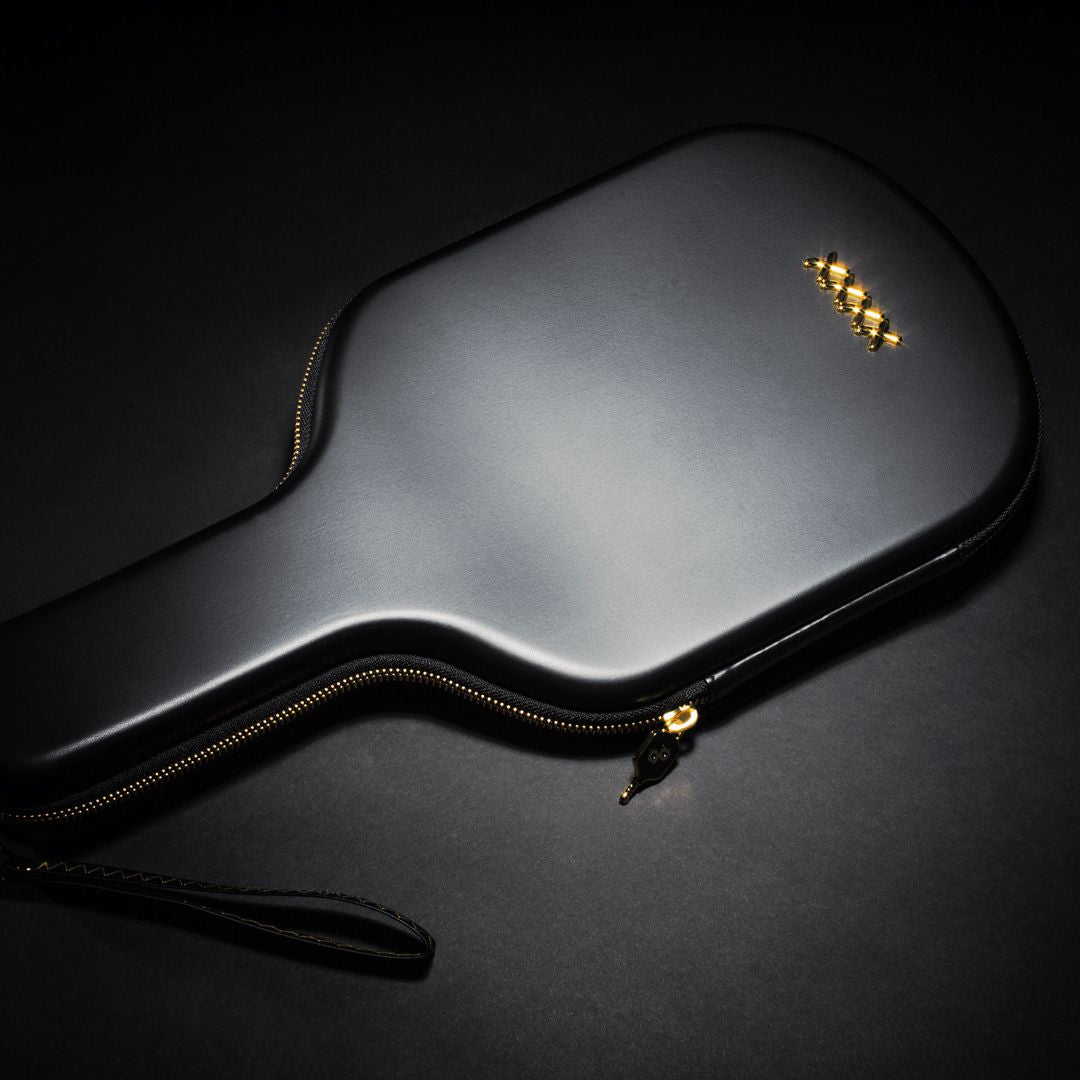
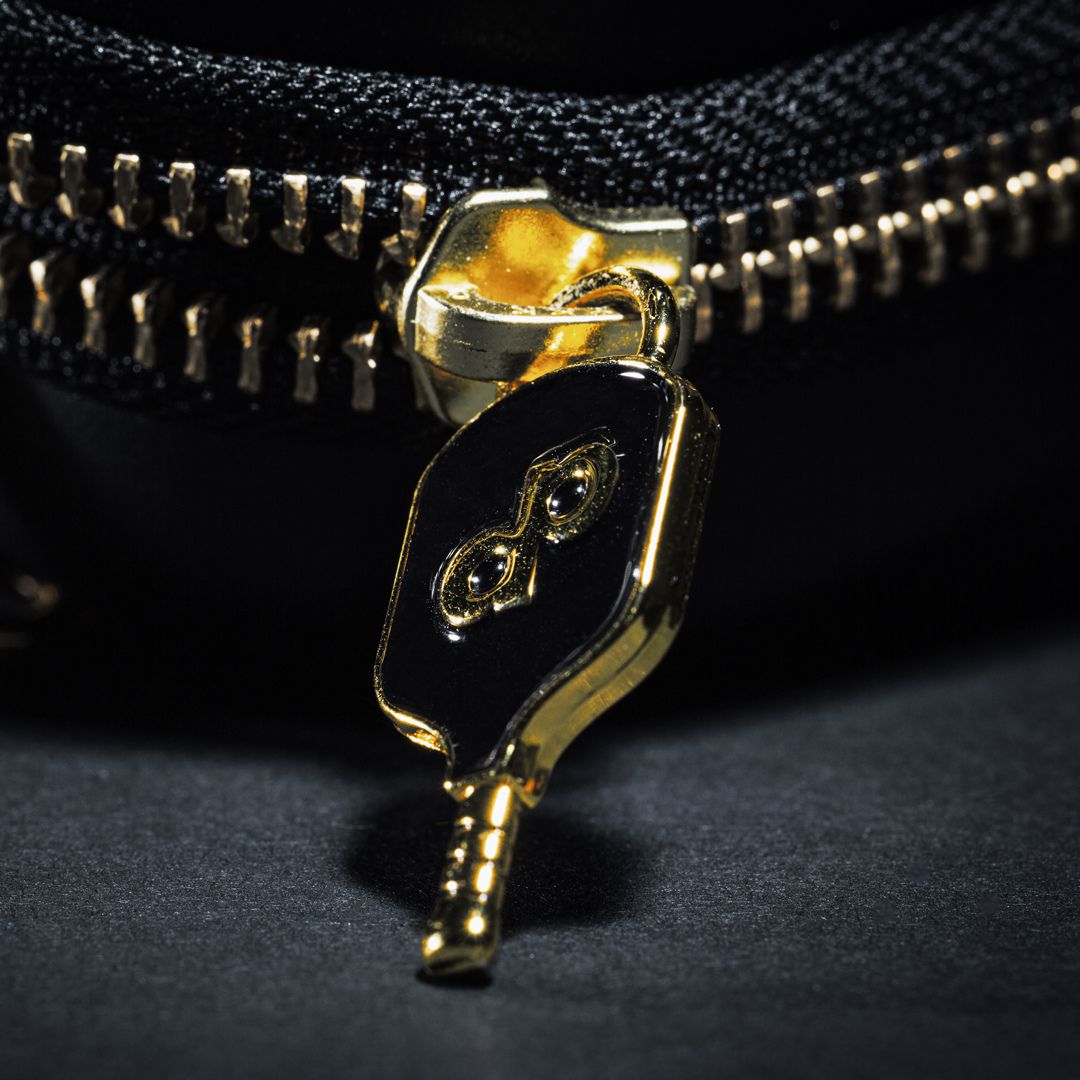
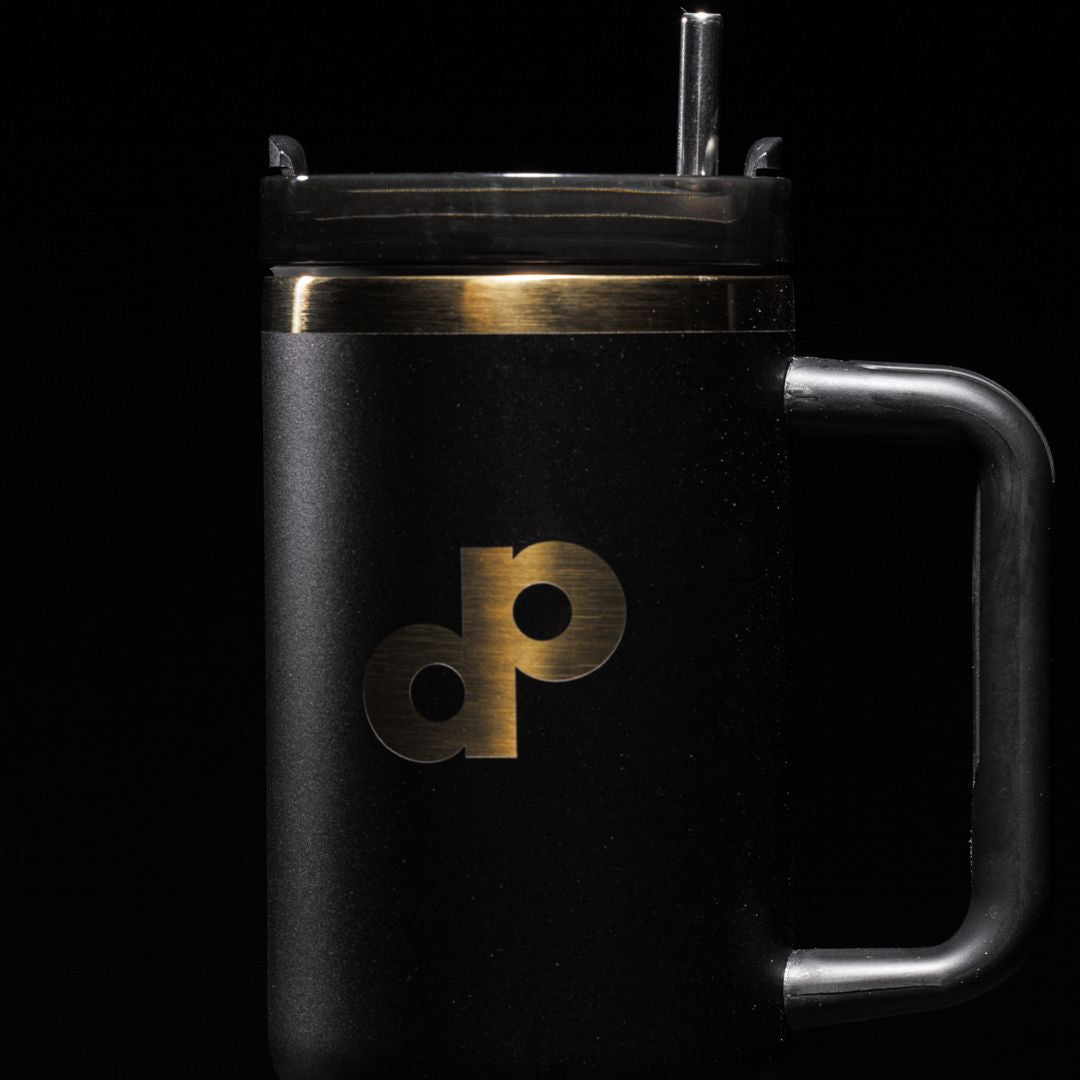

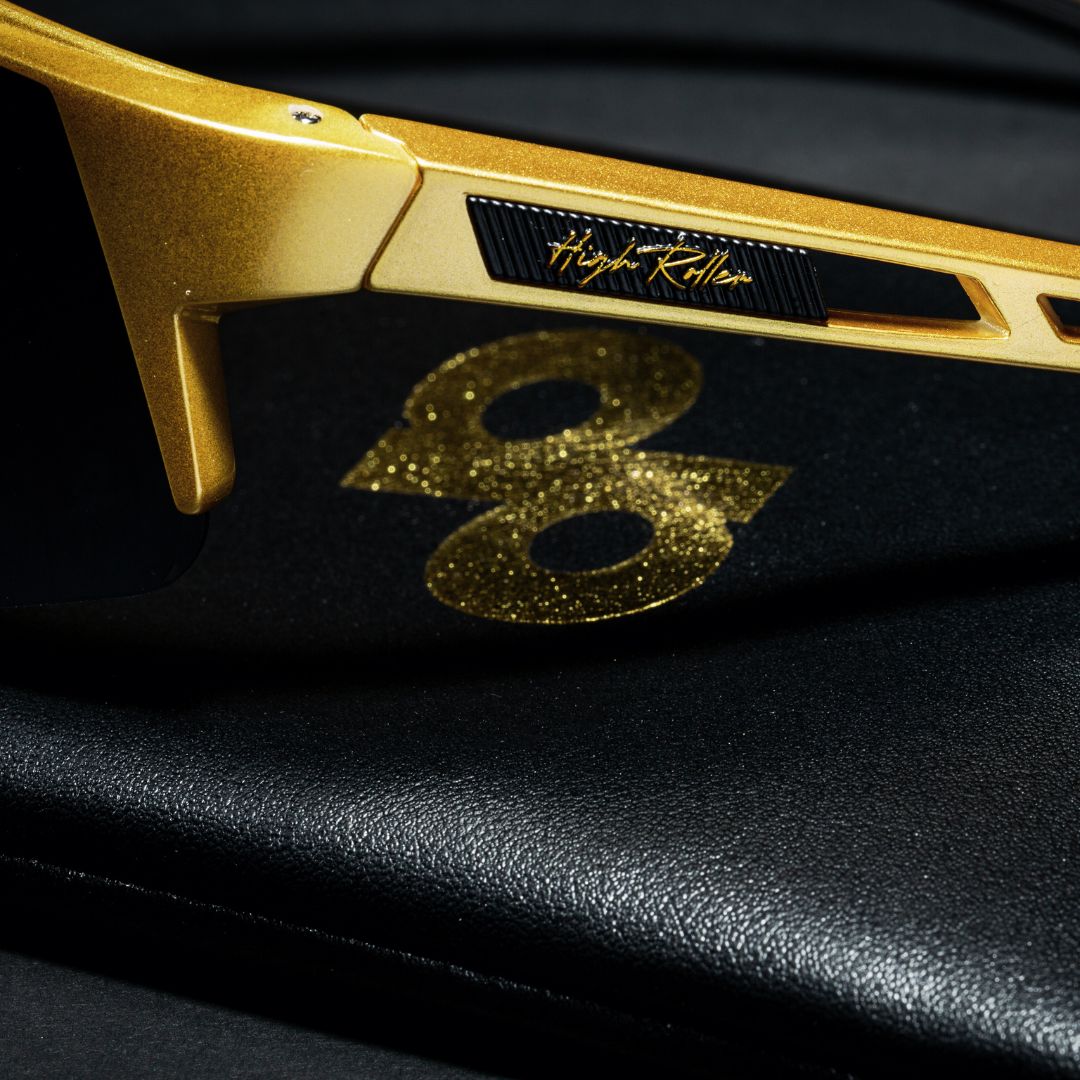
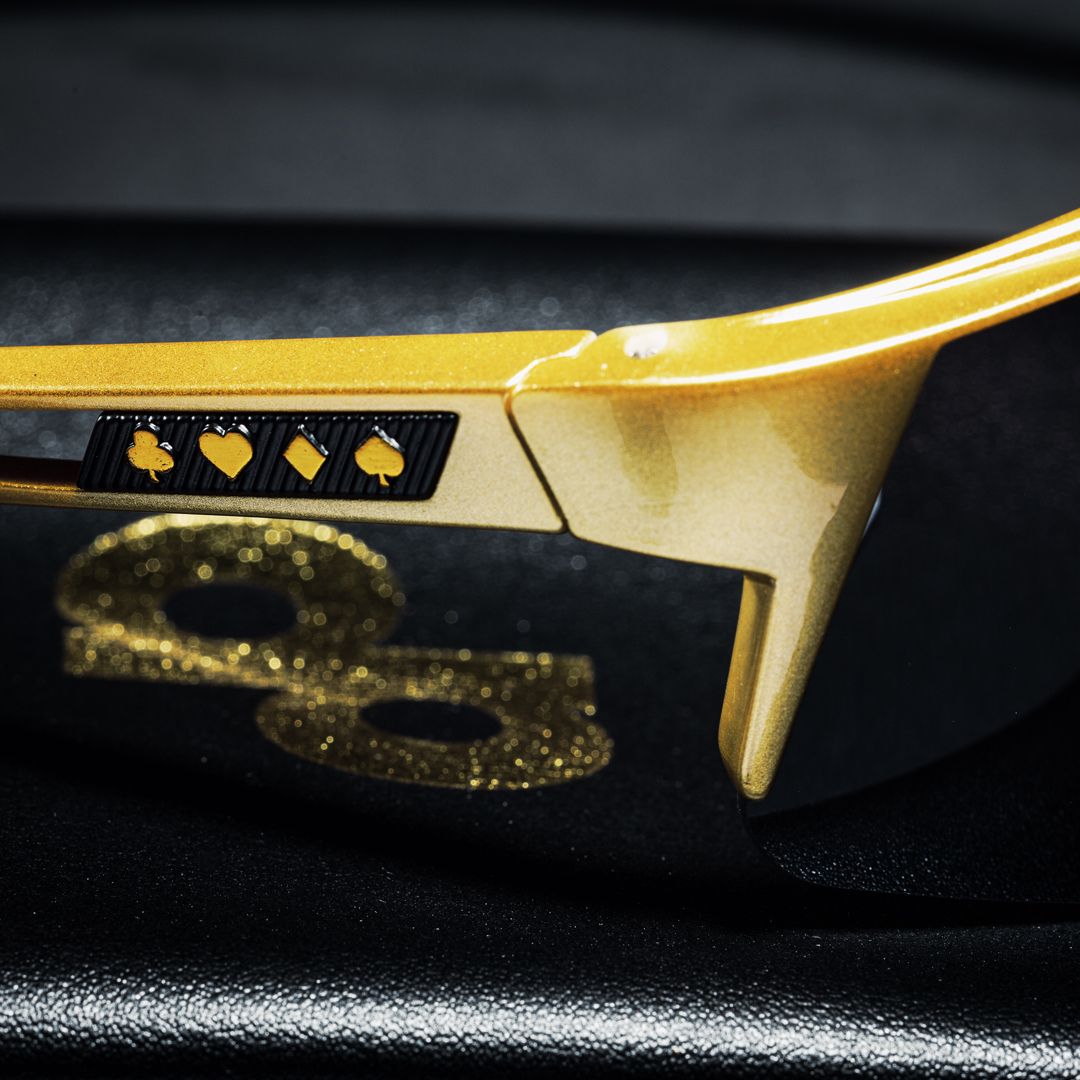
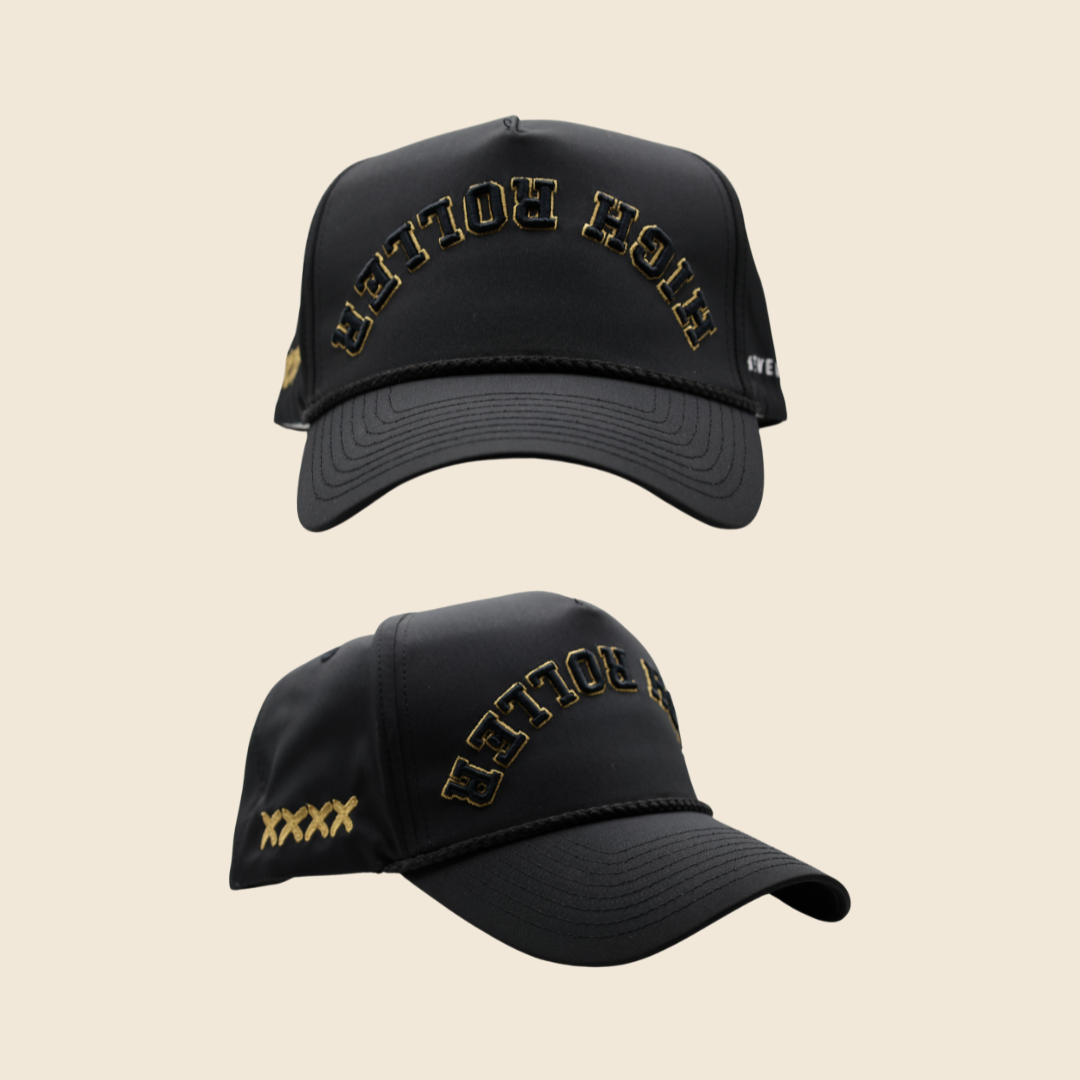
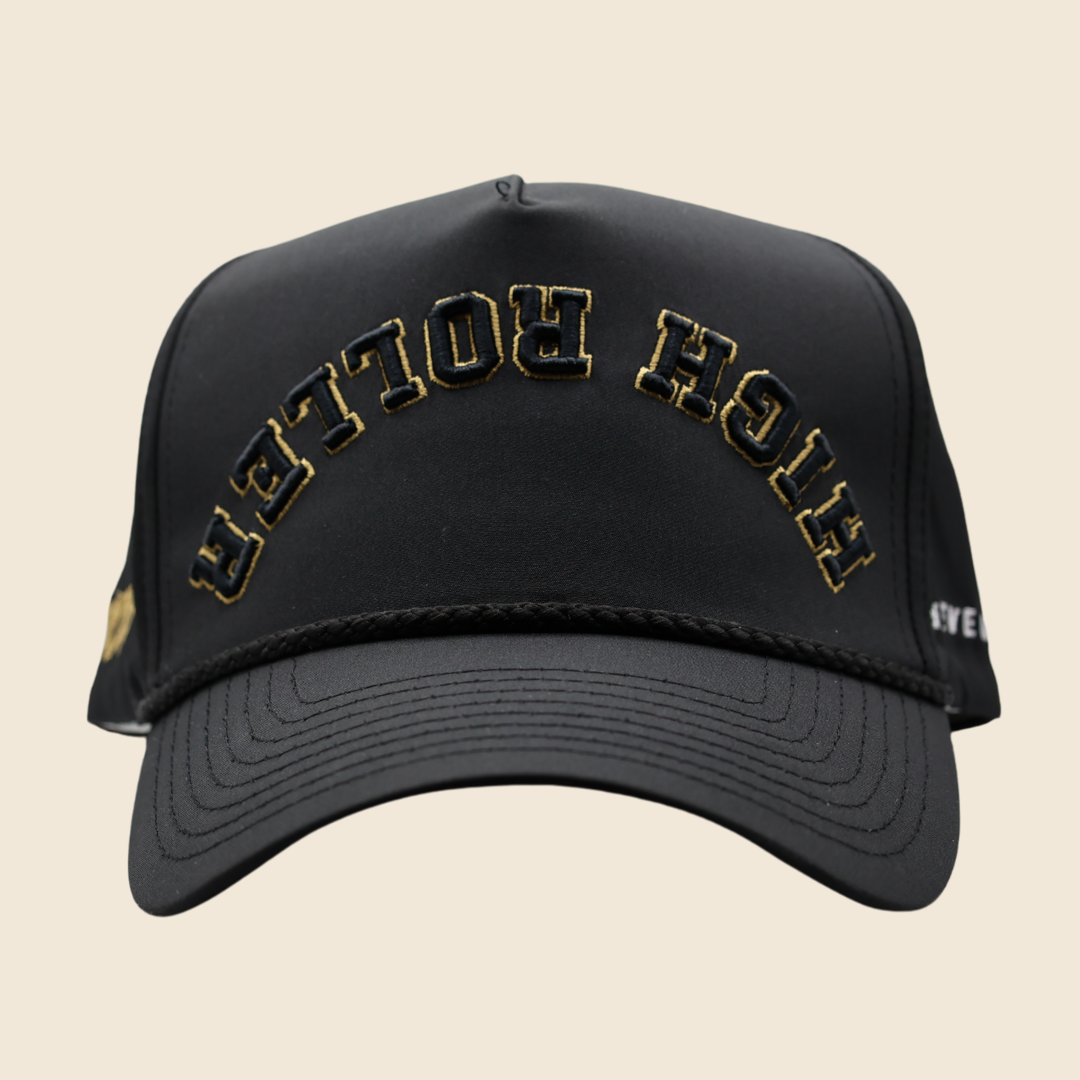
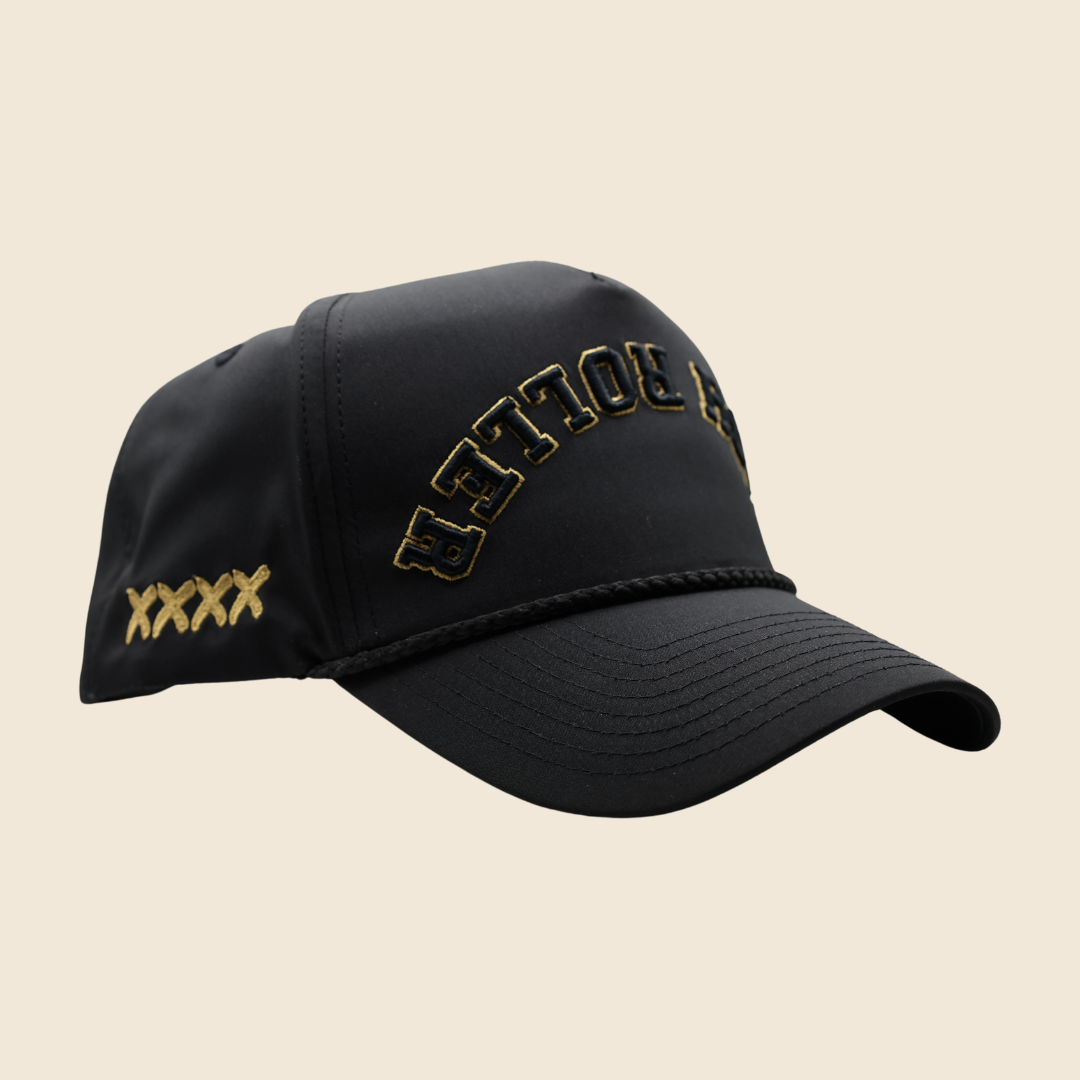
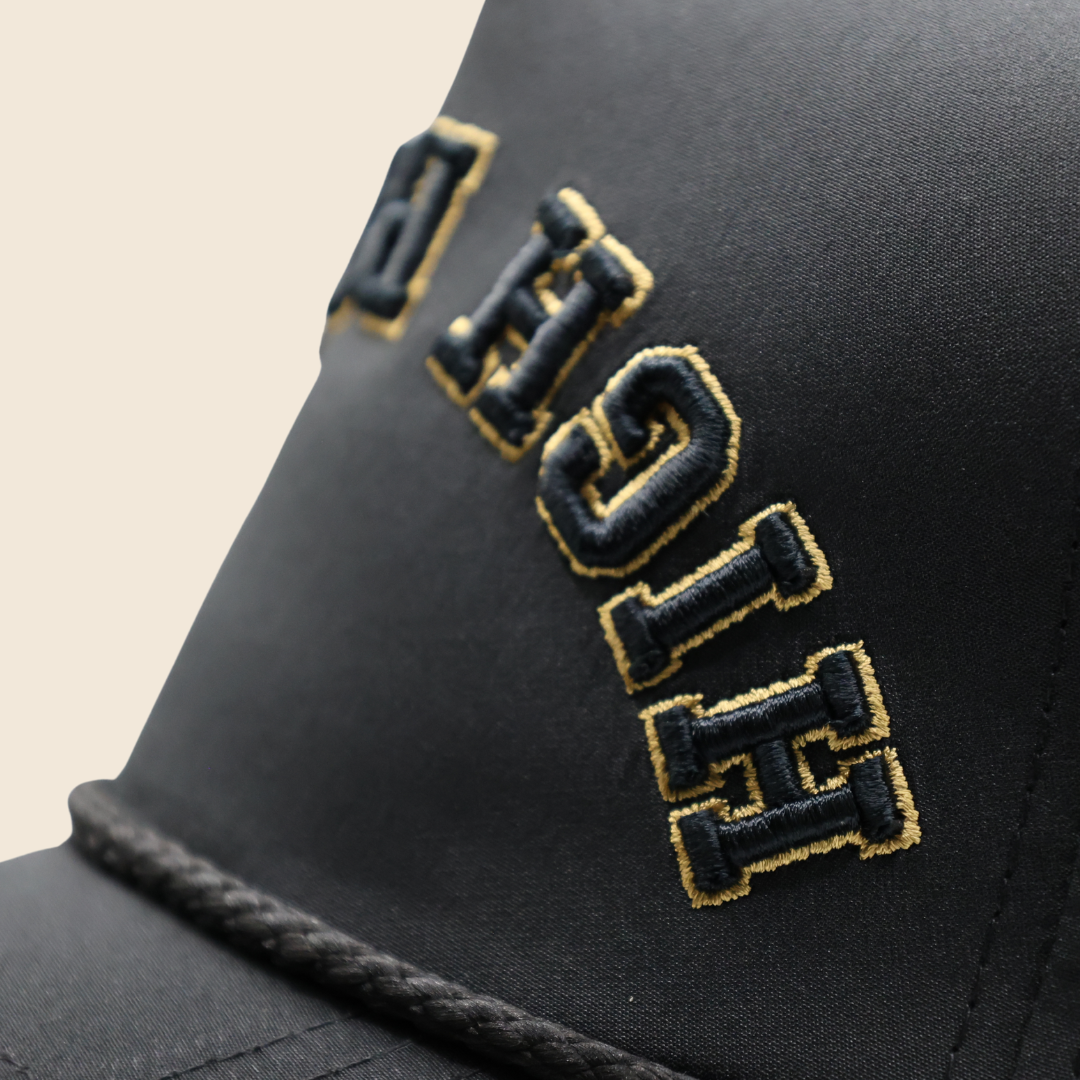

Share:
Quang Duong Terminated By UPA (United Pickleball Association): A Blow to Pickleball’s Growth and a Wake-Up Call for Pro Player Rights